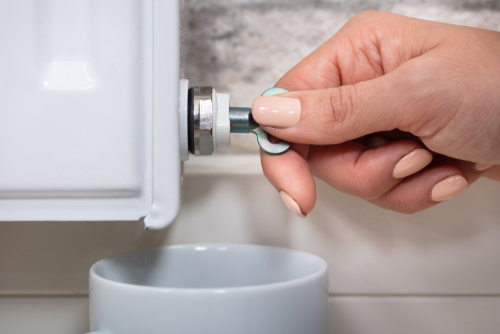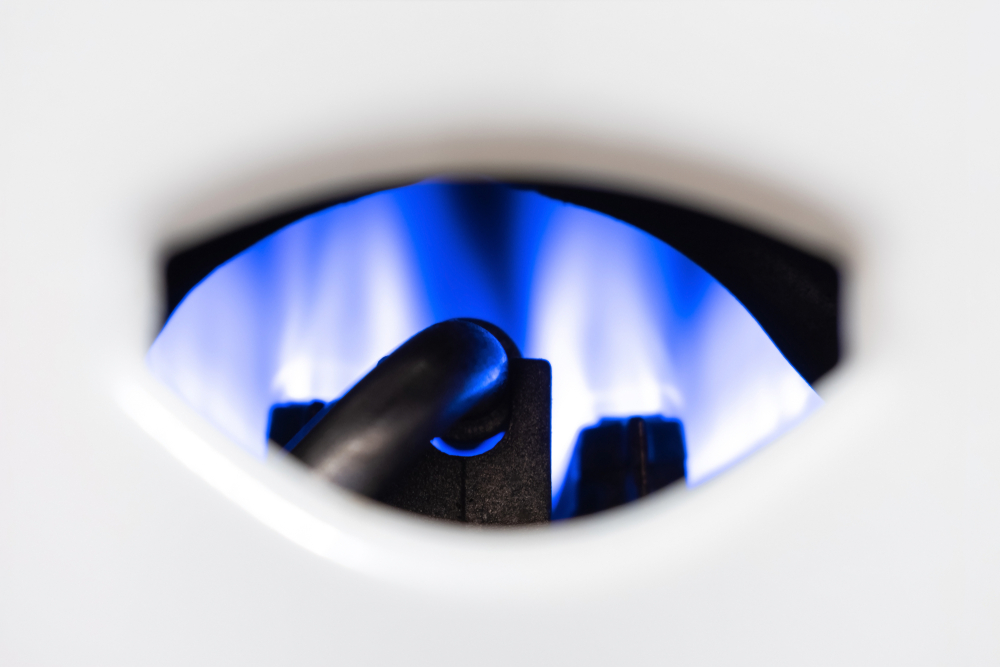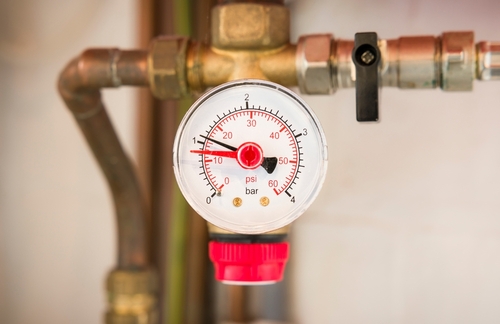October 17, 2024
9 Boiler Maintenance Tips

Your boiler is a vital part of your home’s heating system. It warms the water that travels through your radiator system to heat your home all winter. With proper annual maintenance, your boiler should last for 15-20 years. But, what type of boiler tune up should you perform?
To help, your residential boiler maintenance experts at Applewood have compiled the steps you should take to ensure that your boiler works efficiently during frosty Colorado winters. If you’re not the DIY type or if your boiler hasn’t had a professional inspection in several years, don’t wait until the temperatures drop. Schedule your winter boiler maintenance with Applewood today to avoid a breakdown when you need your heating the most.
Your Winter Boiler Maintenance Checklist:
1. Check for Leaks
Make leak checks a regular routine so that you notice issues as soon as they happen. You don’t want to discover a boiler leak only after your basement floods. A leaky boiler system can be a sign that yours is reaching the end of its lifespan. Make sure all valves are tight and connections secure.
2. Bleed Radiators

Air in your hot water system reduces the heat you get from your radiators. It forces your boiler to work harder and consume more fuel. At the beginning of every heating season, walk through your home and open the air bleed valve on each radiator to let the air out. Don’t forget to use a cup or bucket to catch the water that follows once the air escapes.
If you have a radiator that stops heating up, you may need to bleed it periodically throughout the season. This can be common with the radiators furthest from your boiler. If you bleed your radiator and only air but no water comes out, it means you need to add water to your boiler (see #6). For help with any part of this step, call the friendly pros at Applewood.
3. Check and Clear Flue Vent Openings
Flue vents are vital for removing the byproducts of combustion. Blockages can cause dangerous carbon monoxide to enter your home, putting your family at risk. A clear vent also ensures that your boiler is working at maximum efficiency.
4. Clear Space Around Your Boiler
Boilers need air for the combustion process. If there isn’t enough, incomplete combustion will occur, creating increased levels of carbon monoxide. Pay close attention to the area around the boiler itself and make sure nothing blocks the airflow. Follow the manufacturer’s instructions for clearances.

5. Check the Color of Your Boiler’s Flame
Your boiler’s flame should be a clean blue color. If it’s yellow or smoky, your burner system is malfunctioning and needs immediate attention. Delaying this repair can result in a fire or carbon monoxide poisoning.
6. Check the Water Level in Your Boiler
Your home boiler system needs a sufficient amount of water to reach all the radiators in your home. Fill your boiler at the start of the season by opening the fill valve that’s connected to your home’s water supply. Be sure to check your boiler water level periodically. If you need help locating your fill valve or determining the correct water level, we’re happy to help.
When water levels drop too low, your boiler can become damaged or, in severe situations, cause a fire. Because of this safety issue, maintaining proper water levels is critical. Low water can also cause boiler inefficiency, heating failure and lead to higher utility bills.
7. Have Your Boiler Flushed or Descaled
Interior scale buildup will compromise your boiler’s heating performance. Keep your boiler working at maximum efficiency by keeping it clean. Follow the manufacturer’s instructions on how to flush your boiler annually.

8. Check Boiler Pressure
Your boiler’s pressure gauge should give a reading that’s within the manufacturer’s suggested operating range. This typically means between 12-30 PSI. If it drops too low, your boiler may not be able to function. If it is too high, your distribution system can become damaged. If you are unsure how to modify your boiler pressure, our technicians can help.
9. Get an Annual Boiler Check Up
Having an annual cleaning and inspection from a licensed professional is the best way to keep your boiler in tip-top shape. A pro from Applewood can check your boiler’s heat exchangers, flame sensor, ignitor, burner assembly and other vital components to make sure everything is working in sync. Watch our boiler maintenance video to learn more:
How to Keep Your Boiler Running Efficiently All Winter
If you live in the Denver, Boulder, Longmont area, call Applewood for your annual winter boiler maintenance. Our licensed professionals have been serving area families like yours for over fifty years. We know heating system maintenance and we believe in taking care of our neighbors. Schedule your boiler maintenance today.


